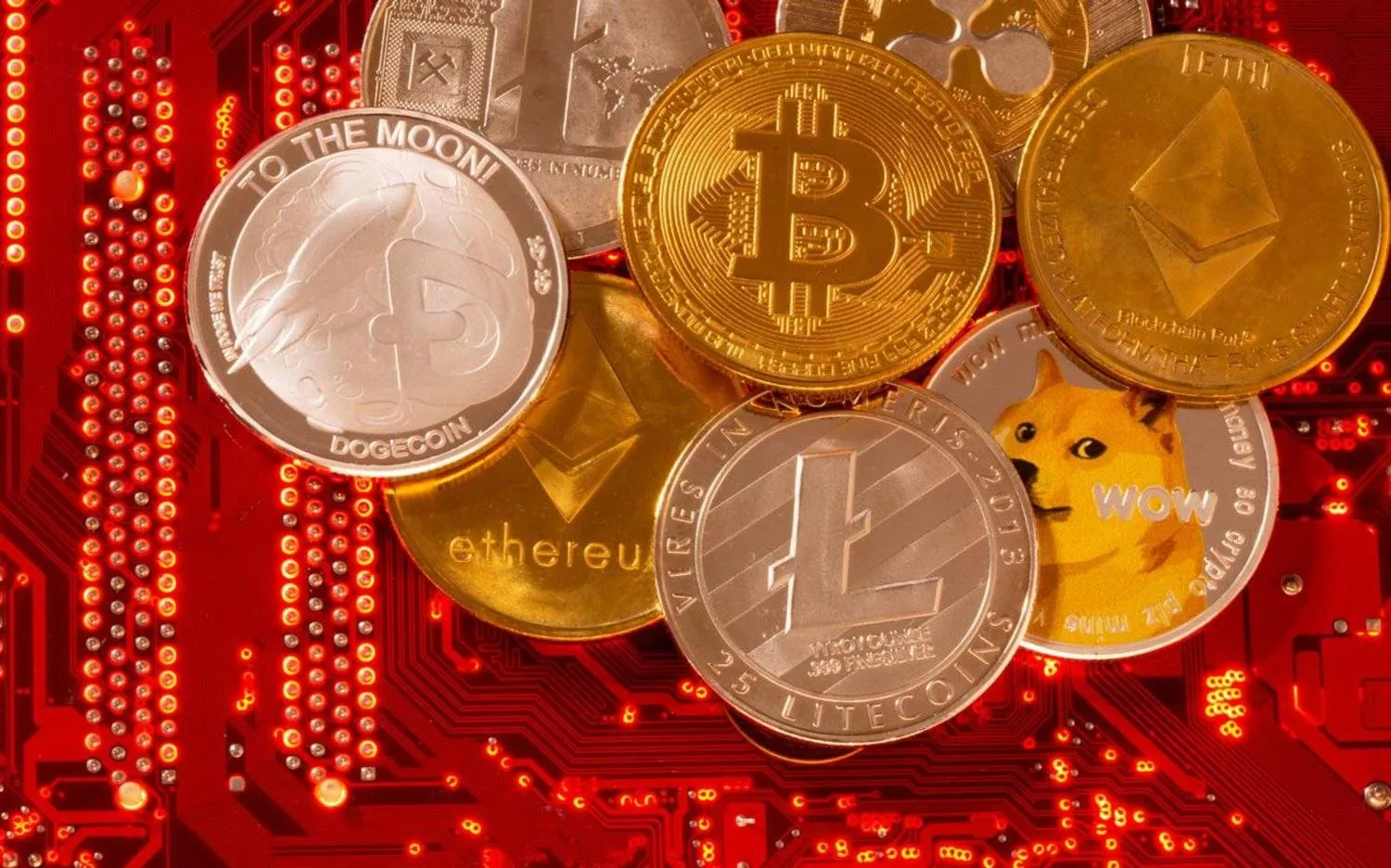The global cryptocurrency market's value has topped $3 trillion as the election of Donald Trump as US president spurred bets that friendlier US regulation could usher in a new boom for all corners of the asset class.
The sum market value of cryptocurrencies touched a high of nearly $3.2 trillion early on Nov. 14 in Asia, based on analytics and data aggregator CoinGecko, and was last just shy of that level.
That puts it above the heady days of 2021, when pandemic-era stimulus pumped up speculative investments, and marks a revival from just a few months ago when crypto prices and turnover had flatlined, Reuters reported.
Bitcoin dominates the crypto market and the market value milestone coincided with the token's rise to a record $93,480 .
"Generally the way this market goes is bitcoin will break out and then the rest of the altcoins will follow," said Matthew Dibb, chief investment officer at cryptocurrency asset manager Astronaut Capital.
"So there is that gradual rotation of capital...and then we can expect the total market cap to increase."
Trump's election, and that of several pro-crypto lawmakers to US Congress, has driven the wave of euphoria by potentially clearing some uncertainty around US regulations.
Bitcoin, last trading around $91,500, has doubled this year and is up 30% since the US election on Nov. 5 to $90,000. Smaller cryptocurrency ether is up about 33% since the vote to $3,220.
Dogecoin, an alternative and volatile token promoted by billionaire Trump-ally Elon Musk, has gained 140%.
Crypto exchange-traded funds have also been snapped up, possibly an indicator of buying by financial institutions which tend to shy away from directly holding cryptocurrencies.
Spot bitcoin ETFs have attracted about $4.05 billion in net flows since Nov. 6, based on Refinitiv Lipper data, around 15% of the total inflows since they launched in January.
"People wanted more exposure to crypto, clearly, from the Trump presidency and they wanted more risky asset exposure in general," said David Glass digital assets strategist at Citi.
"From the crypto front, there's the story of removing regulatory headwinds, and the potential strategic bitcoin reserve."
Trump has made reference to a US "strategic bitcoin reserve", similar to that of gold, which would be held by the US government, but the details are unclear.
The current upsurge could have further to run.
"Bitcoin enthusiasts are known for bold predictions, but hitting $100,000 by year-end seems feasible," said Carl Szantyr, founder and managing partner at Blockstone Capital.
DEJA VU
The explosive rally is the latest in the boom-bust roller coaster that had bitcoin below $20,000 at the start of last year, in the depths of the "crypto winter" that followed the collapse of brokerage FTX and other crypto projects.
To be sure, cryptocurrencies' market value is dwarfed by traditional asset classes. At current prices, the value of the 209,000 tonnes of gold the World Gold Council says has been mined in history is worth nearly $19 trillion.
The market capitalisation of the S&P 500 index is $50.6 trillion.
Some parts of the ecosystem do also not show signs of recovery and others point to a degree of caution. Average sales prices for non-fungible tokens have been around $2,000 since May, according to NonFungible.com, which tracks the Ethereum and Ronin blockchains, and have kicked up, but only to about $2,700.
In Singapore DBS Bank, which operates a digital exchange, said while trading had surged and it had executed more than one-third of last year's total volume in the first ten days of November, investors were not yet heading into the more obscure parts of the market.
"We've not seen our clients shift their assets towards more exotic platforms or decentralised exchanges," said David Hui, chief commercial officer of DBS Digital Exchange.
Still, those in the industry say the renewed attention will bring momentum.
"There's increased interest and willingness to look at DeFi and other possibilities associated with blockchain," said Danny Chong, a co-founder of decentralised asset tracking platform Tranchess.
"The heightened market capitalisation, which if sustained for a longer period, would likely also invite deeper interest into new and existing themes," he said, including tokenisation of real world assets and blockchain-based payment services.









